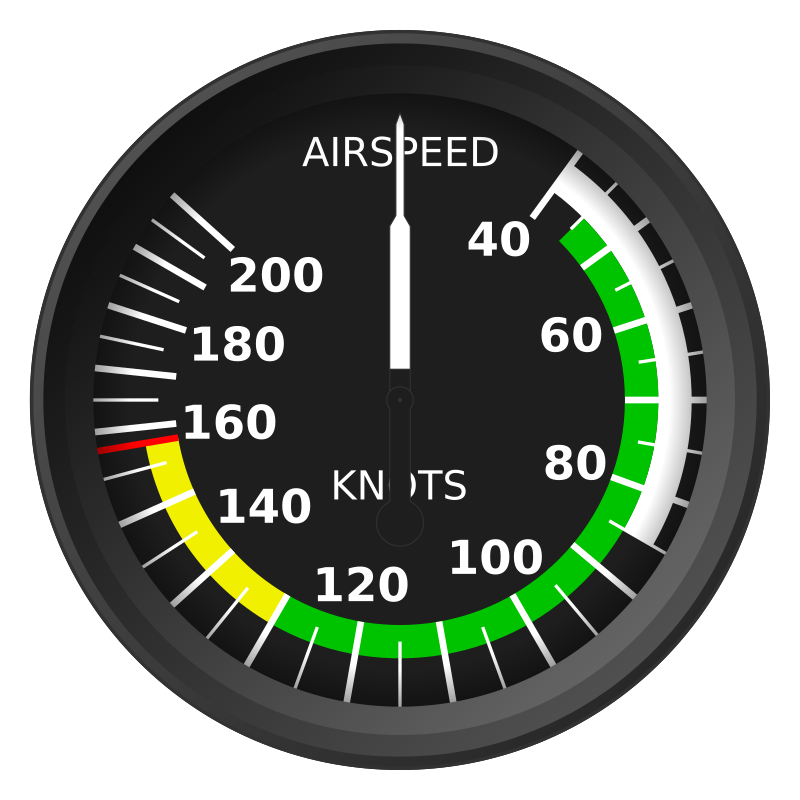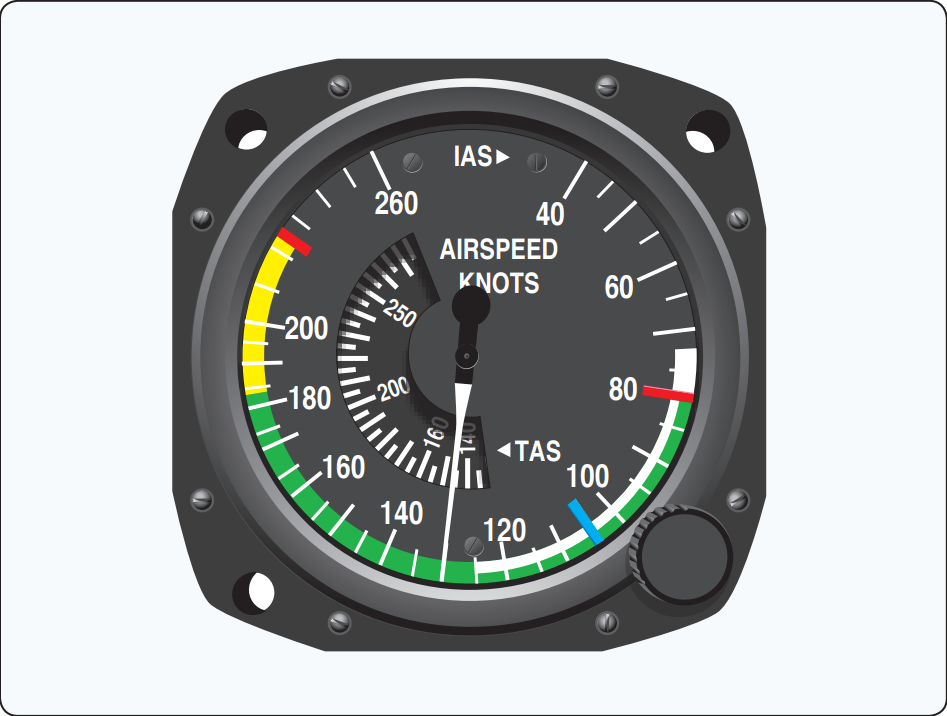Frogzilla
Straight Flush
I’ll kick it off
1) “Light blue” is one of the darkest blues

2) “Indian blue” is much greener than “sea green” and “sea green” is much bluer than “Indian blue”

3) “Radiant red” is straight up pink

4) “Colon orange” is a shitty name for a shitty color

1) “Light blue” is one of the darkest blues
2) “Indian blue” is much greener than “sea green” and “sea green” is much bluer than “Indian blue”
3) “Radiant red” is straight up pink
4) “Colon orange” is a shitty name for a shitty color





